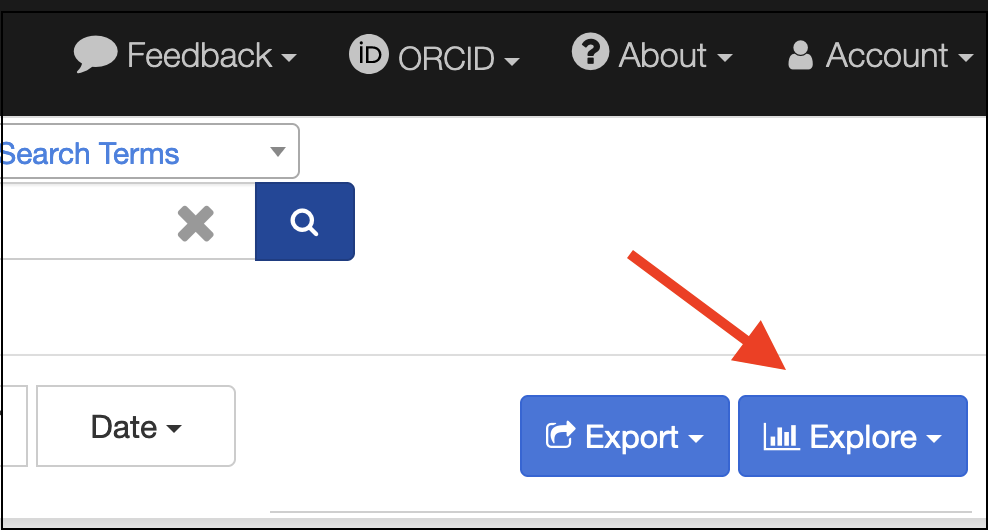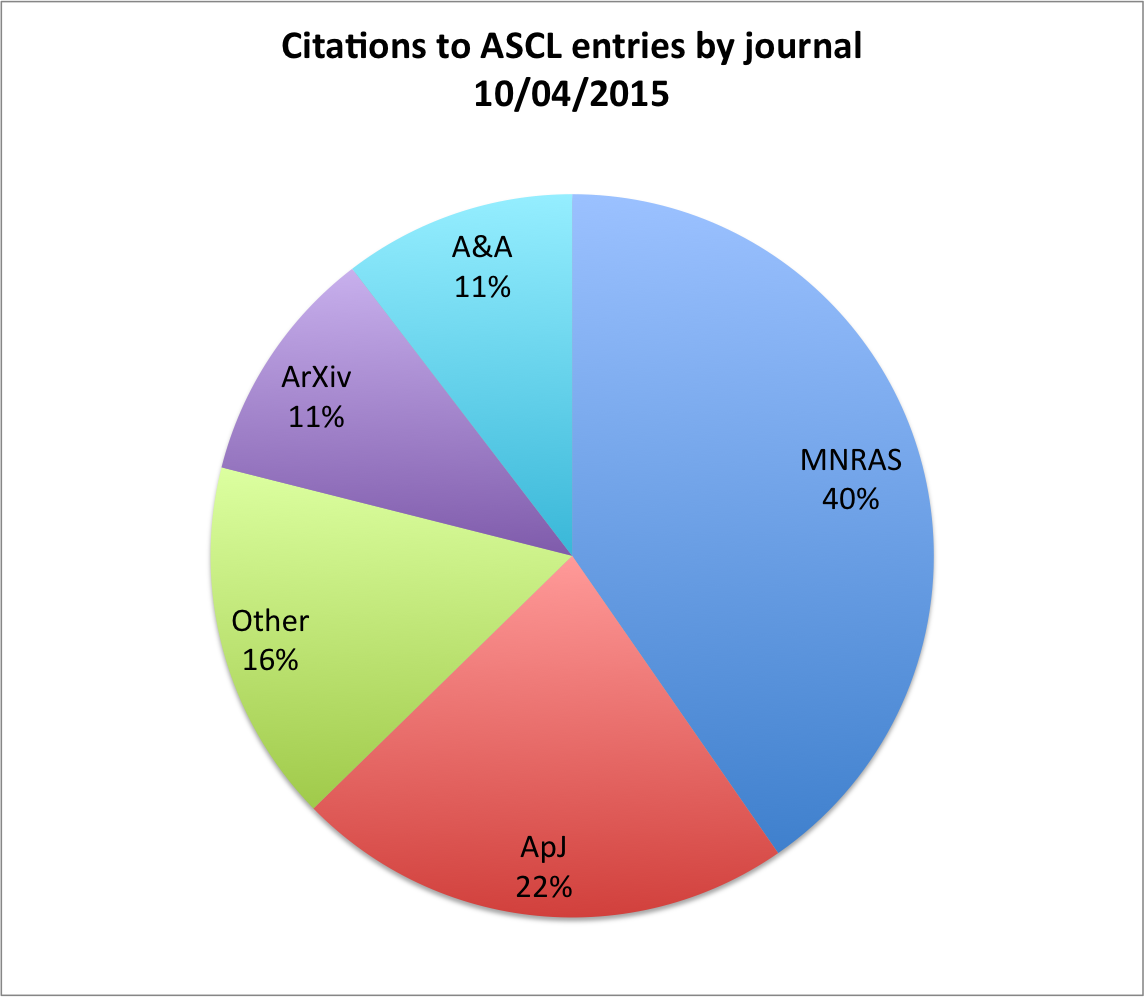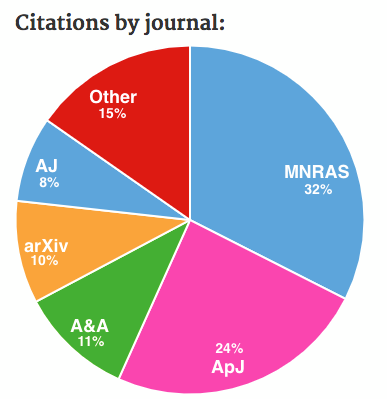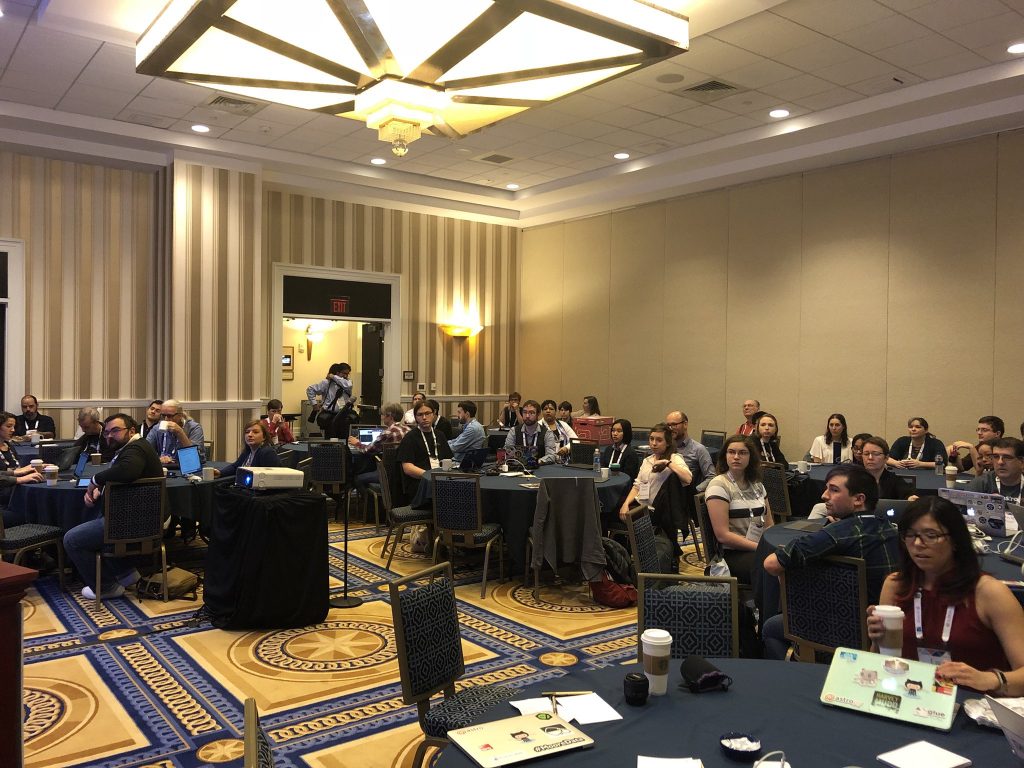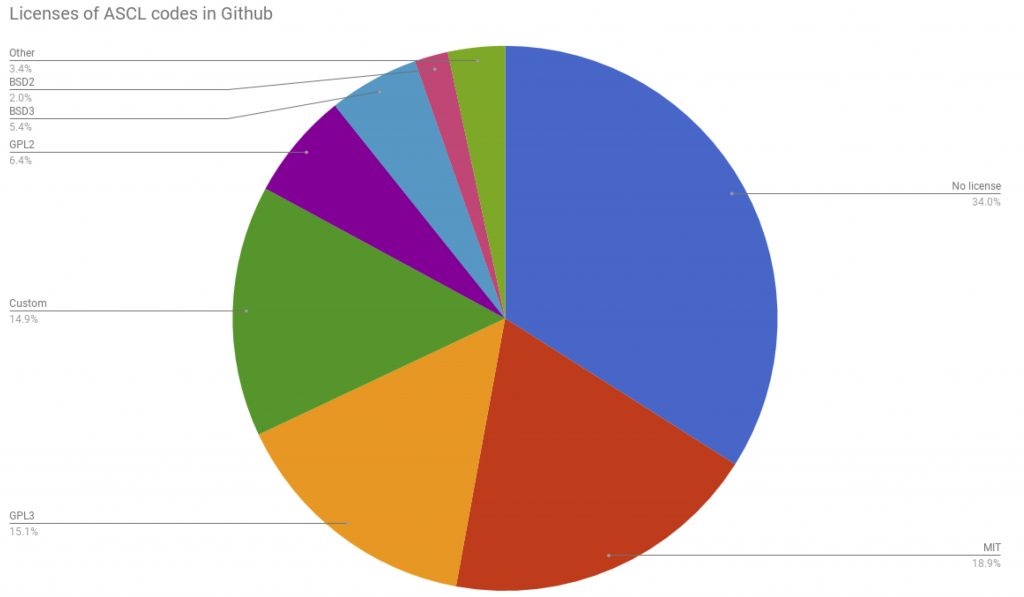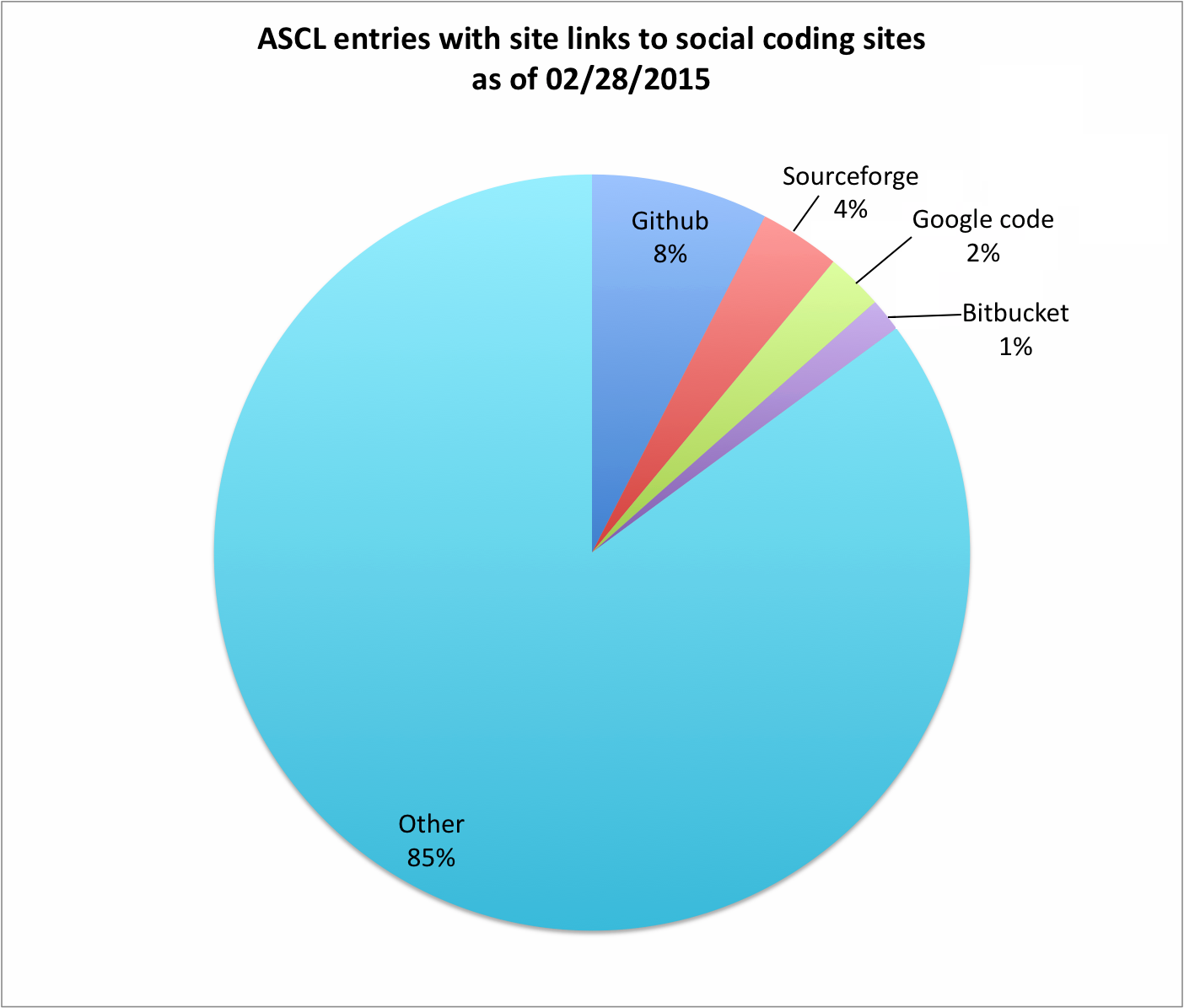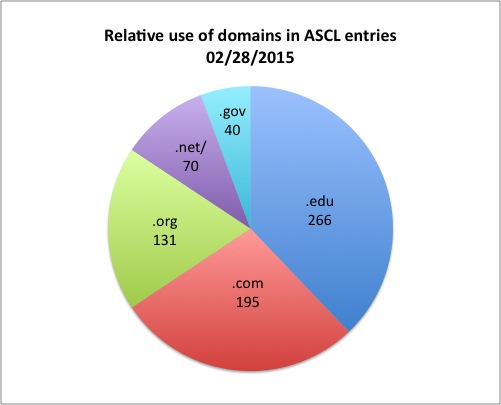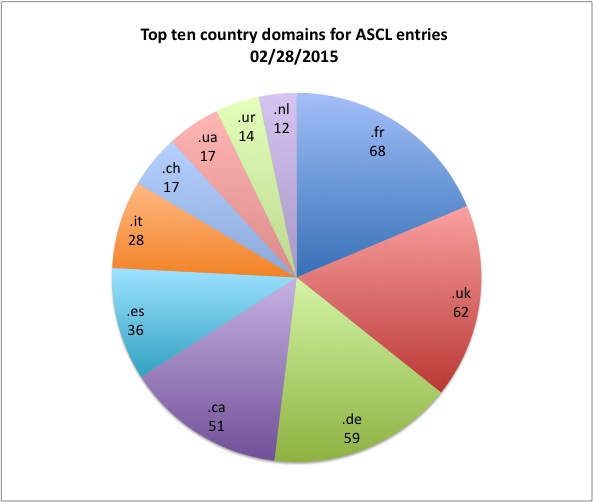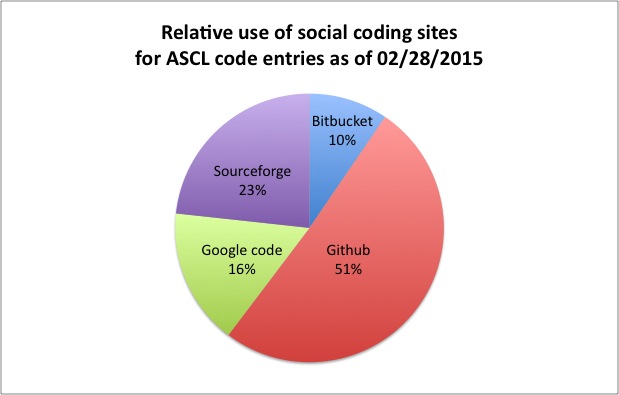Did you know you can download all the ASCL’s entries? You can! If you want all accepted entries: https://ascl.net/code/json
If you want particular fields, use an API query. This query brings up ASCL ID, title, bibcode, and when the entry was last updated.
https://ascl.net/api/search/?q=abstract:%22%22&fl=ascl_id,title,bibcode,time_updated
Want only entries that list a preferred citation? This will do it: https://ascl.net/api/search/?q=citation_method:%22.%22&fl=ascl_id,title,bibcode,citation_method
Find more info on our API here: https://github.com/teuben/ascl-tools/tree/master/API
If you’d like to know more about our metadata schema, please see this page: https://ascl.net/wordpress/about-ascl/metadata-schema/
You can also search ADS (https://ui.adsabs.harvard.edu) for ASCL entries by searching for bibstem:ascl.soft
https://ui.adsabs.harvard.edu/search/q=bibstem%3Aascl.soft&sort=date%20desc%2C%20bibcode%20desc&p_=0
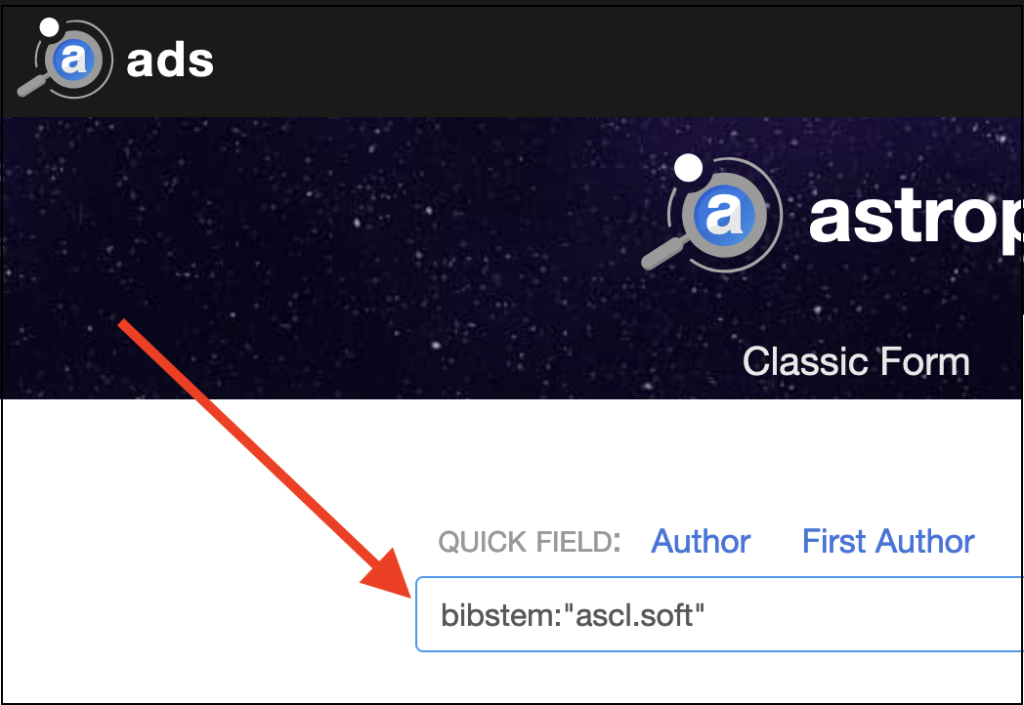 Click the ADS Explore button on screen right and you can play with all kinds of info about ASCL entries, including citation metrics and concept clouds. Is there something else you’d like to see, another way you’d like ASCL entry data? Please let us know!
Click the ADS Explore button on screen right and you can play with all kinds of info about ASCL entries, including citation metrics and concept clouds. Is there something else you’d like to see, another way you’d like ASCL entry data? Please let us know!